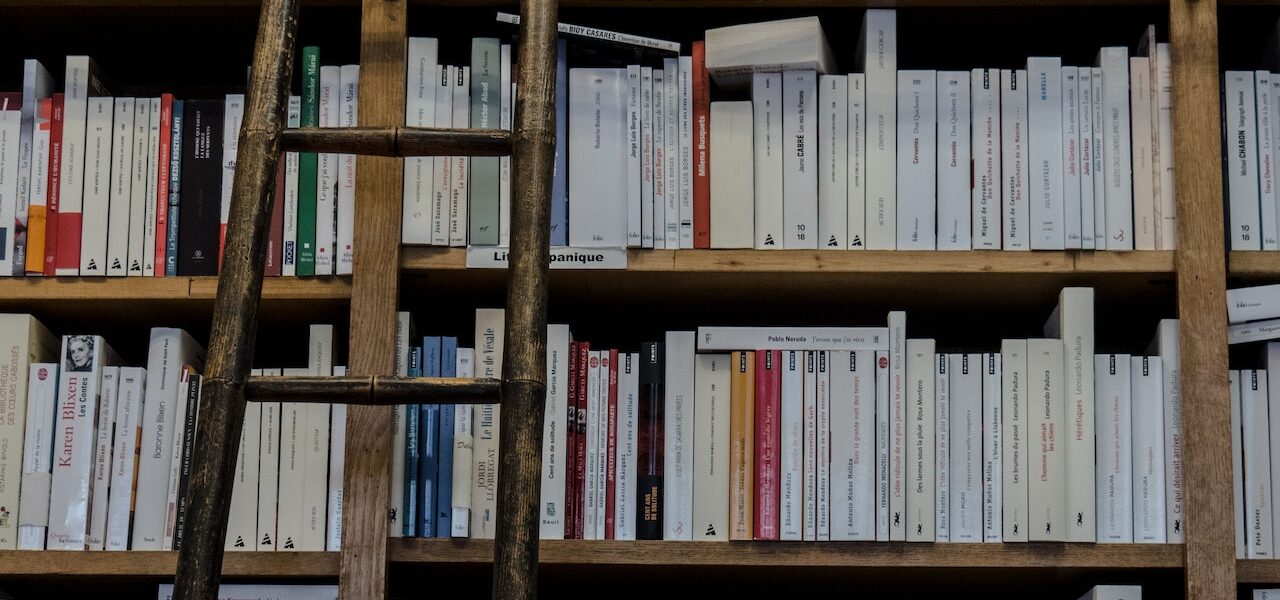Reading fiction is something that often gets a bad rap. Some people consider it childish, or a waste of time. I have been on my own personal journey, to discover for myself if this is really true. As you may already know, I believe that creative pursuits are not just for children. They’re also very good for adults too, especially expats. They help us put our feelings and thoughts into physical form. From there we may be able interact with them in different ways and come to conclusions and resolutions we otherwise may not have.
I feel like I am coming to a similar conclusion with reading in general, but especially with reading fiction. All types of reading helps us. We learn from the experiences of others, we come face-to-face with new ideas and strategies, and in general we keep our brains ticking by exposing ourselves to more vocabulary and different styles of writing. Reading fiction has all these benefits. However, fiction may also allow us to experience life in unique ways. Things like fantasy and science-fiction allow us to ask big questions and see hypothetical questions and situations all the way through to their natural ends.
The other thing with reading fiction is that it can be fairly easy; with practise that is. So all these big, heady ideas can often be wrapped up in an unassuming package. We might very well encounter difficult topics as we read to relax or wind down after a long day.
So while I’m unsure if I’ll be writing extensively on fiction, and the things that I pick up on in books, I’d like to dedicate at least one post to a book I read almost a year ago now. It’s themes are overt, and well known; it even had it’s own series on streaming platforms. However what I noticed were some more subtle themes that stuck out to me; specifically as an expat and specific to the things I was feeling at the time of reading.
The Handmaid’s Tale, by Margaret Atwood
Not sure if this would be obvious recommended reading for expats. And honestly, you might think the themes are too heavy to truly justify reaching the conclusions I want to present. However if you would like to talk about this book, what expats can learn from it, as well as some quotes that stuck with me; I encourage you to read on.
I believe that we all learn different lessons from the media and art we consume. So maybe the lessons I found are not necessarily the most important, or even the key ones from this book, however the quotes from this book are a great starting place to talk about some points that maybe all expats can relate to.
I do plan to do a brief overview and mention the ending of The Handmaid’s Tale. So please be aware that a summary of this book may be uncomfortable. I will also be talking about certain characters and their fates in the story. I don’t believe it will effect a reading of the book, but they may be considered as spoilers.
An extremely light summary of the Handmaid’s Tale
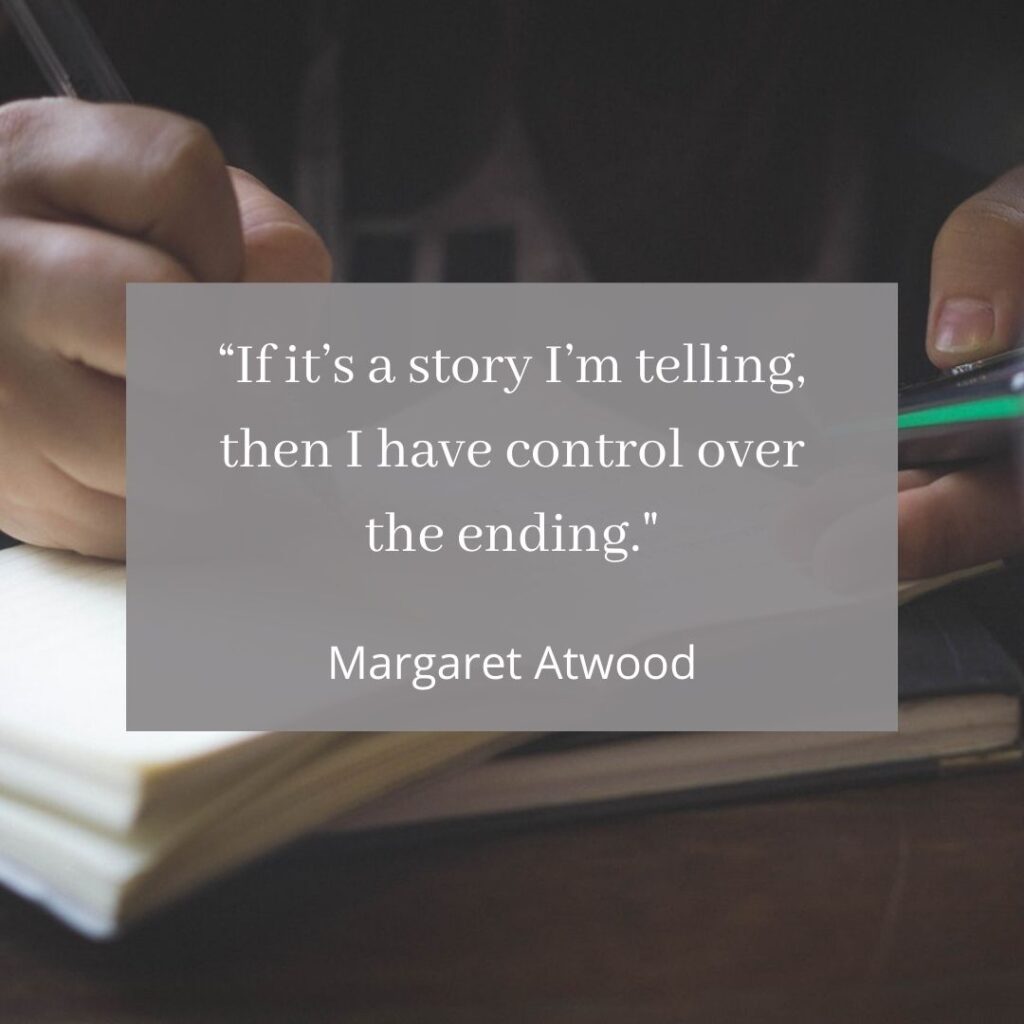
The Handmaid’s Tale is a classic tale that fits within the genre of dystopia. It follows in the footsteps of predecessors like, Brave New World & 1984. In a similar vein, it focusses on one particular element of modern society and pushes it to its logical conclusion. Extrapolating it until it becomes the main force of the ruling society in a fictional future.
In Atwood’s novel, the world is in decline, the entire government of the United States have been assassinated, and a repressive-religious regime has taken over. The new regime and the areas under their control soon come to be defined as the Republic of Gilead.
In the background of the story The Republic purges the country of sectarian factions and fights against other splinter groups which have sprung up across the United States as the modern world collapses.
Atwood makes sure to highlight how insidious the beginnings of Gilead were. How from gradual beginnings the citizens within the future land eventually lost all their freedoms. Atwood regularly points out that the fictional elements of her writing are based on things that have actually happened; somewhere in our past or somewhere in this world.
“Nations never build apparently radical forms of government on foundations that aren’t there already.”
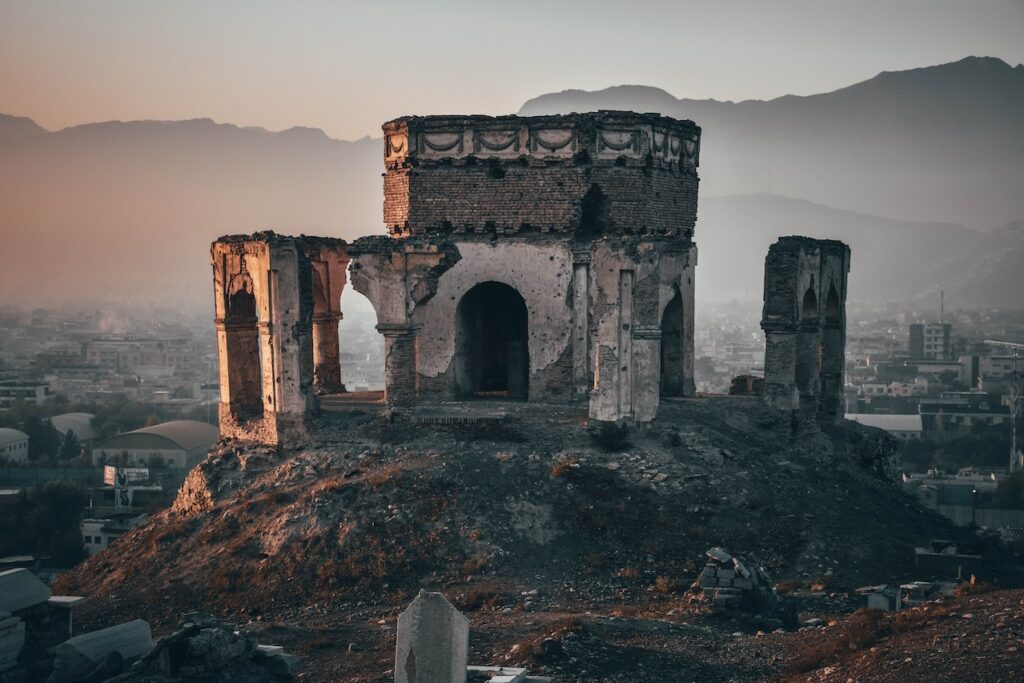
Perhaps the most iconic feature of the story is how women are controlled and subjugated under this new patriarchal society. Women of aristocracy are known as the wives, dressed in blue gowns. The house servants in their green uniforms are the Marthas. And finally those dressed in red, with the characteristic white winged hats that block out most of their vision, are the Handmaids. Their role in society is to produce offspring for the Commanders, the husbands of the Wives.
Handmaids are assigned to a Commander, for a set time, before being moved onto another “posting”. They are lauded if they produce a child for their Commanders. But if they fail too many “postings” at different Commander’s houses, they are sent to the Colonies to work clearing nuclear waste.
We follow the story of one of the Handmaids, Offred, as she tries to navigate this relatively new existence. That’s not actually her name though, Atwood purposefully left it unclear. Rather it defines whose property she is. She is Of Fred and when she leaves to go somewhere else, the next woman assigned to Commander Fred will assume the title Offred.
There are some truly horrifying and depressing themes explored within the Handmaid’s tale. Atwood doesn’t shy away from both mention as well as description of violence either. So, this story may not be for everyone.
When I picked it up, I wanted to continue my challenge of reading fiction. I finally wanted to know what this classic piece of fiction was about. I didn’t expect to find a few gems that would relate to my life as an expat.
What topics do I want to cover?
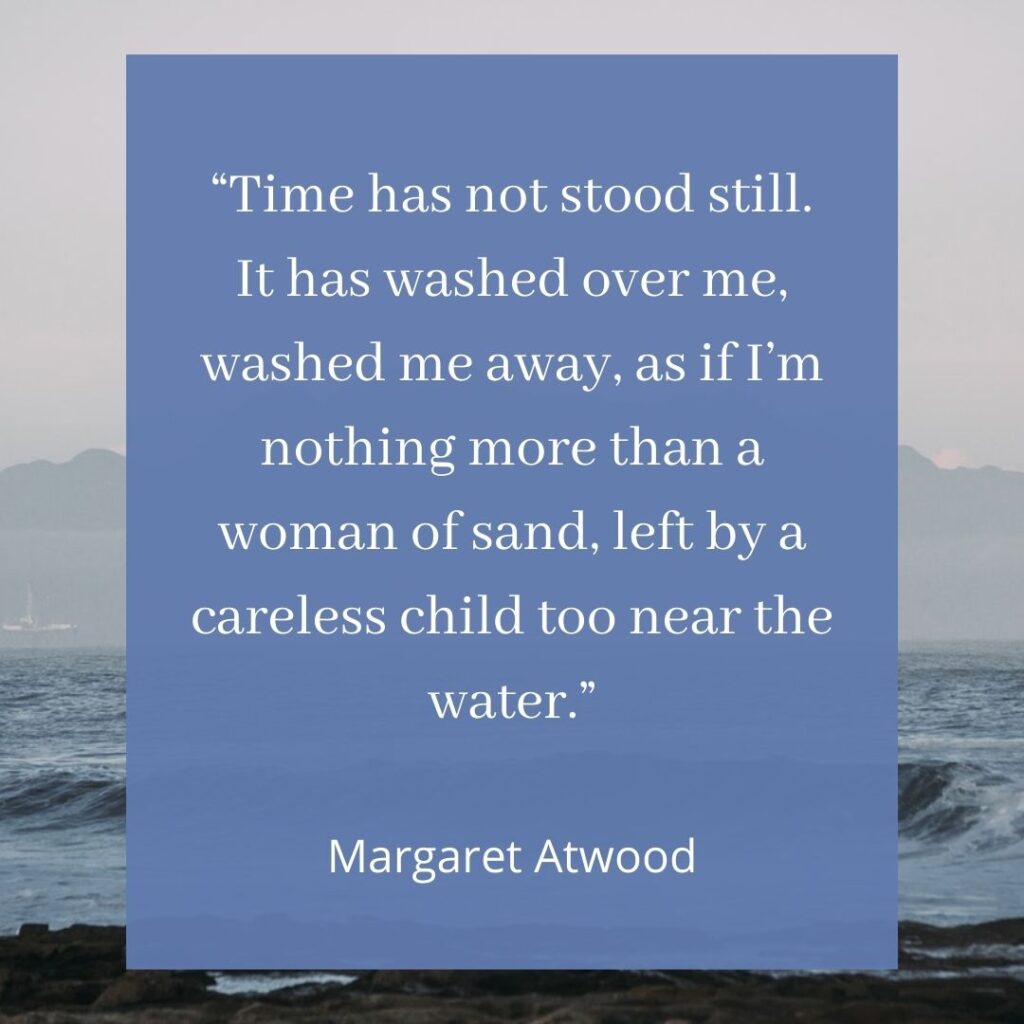
Reading fiction, and especially this book, has helped me encounter and relate to certain ideas. Even though the life I have lived is nothing like that of Offred, I still managed to find passages that were relatable. And ultimately that is what I hope other expats will find as well through reading fiction.
So, now I hope to guide you away from the darker, more central themes of the book. And I will share a few quotes that I hope you will find insightful, or at least make you think.
I have previously talked about the benefits of studying and keeping certain quotes. They help us relate to what is going in our lives. If you would like some specifically quotes about travel, check out my article here.
“No mother is ever, completely, a child’s idea of what a mother should be, and I suppose it works the other way around as well. But despite everything, we didn’t to badly by one another, we did as well as most. I wish she were here, so I could tell her I finally know this.”
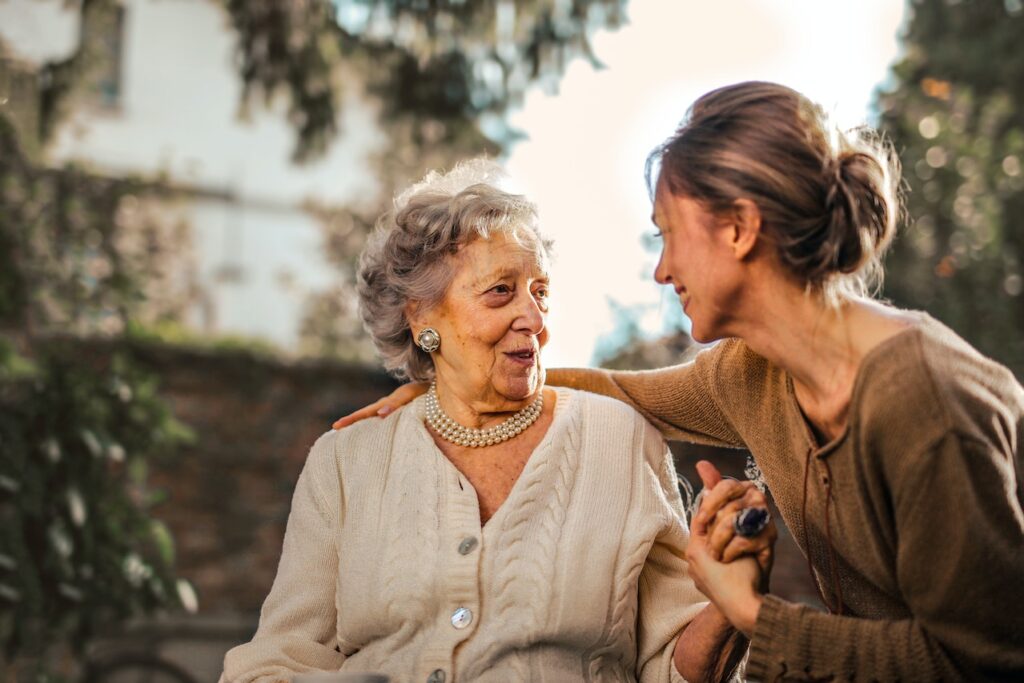
Our relationships with our parents often change. The people that raised us when we were young, later became a source of frustration in our adolescence, and finally seemed to settle down as imperfect individuals once we move out from home. In some ways it’s hard to imagine these are all the same person, but they are.
And a part of growing up, as well as growing away from your family, is realising both how your relationship has changed; as well as the fact neither you nor they were perfect.
Offred ponders her relationship with her mother. In some instances she forgives her for things, with the knowledge of hindsight. But most importantly she comes to term with reality, and the fact that there isn’t much either of them can contribute to their relationship anymore. Her mother isn’t dead. But her mother is so distant and her location unknown, that it is likely they may never share any more words or experiences together.
“I also believe… the woman made him some hot coffee and gave him a set of her husband’s clothes. I picture the clothes. It comforts me to dress him warmly.”
Eventually Offred becomes separated from the man she loves, and the one she tried to escape with. In the quiet nights between plot points, she tries to comfort herself by putting him in favourable situations. Perhaps he was able to escape. Or at the very least he isn’t doing too bad. Maybe someone is even looking after him.
It reminded me of times when I would lie awake at night as well, and just hope that everything was going OK with my family. We were separated by time and distance, and despite all we try and do, in the end the most we can do is hope and pray that everything is well in their lives.
When we make the leap of faith to jump into expatriate life there are often many things we cannot prepare for. But there is a lot that’s within our control, check out this article here to see what things you can to try and prepare for the next stage in your life.
“Time has not stood still. It has washed over me, washed me away, as if I’m nothing more than a woman of sand, left by a careless child too near the water.”

This was the quote that inspired me to write this post, and start thinking more deeply about reading fiction. Were there any lessons we could learn from reading about stories that aren’t real? And is there any point in digging deep into this interpretation of the book.
The quote happens when Offred finally learns about what happens to her child. She doesn’t learn much actually. But rather she receives a picture of her, to at least show that she is alive. Yet the girl in the picture looks so unfamiliar to Offred. She has grown, her hair and clothing styled different. How can we be sure it is her?
In this moment Offred realises, that despite her time in captivity, despite how slowly things have moved for her; times goes on. Her child has still grown up, the world has continued to rotate, and the magnitude of that is shocking.
I wonder if anyone else who spent a good part of recent years in isolation or lockdown feels this way. When confined by four walls, and removed from familiarity, time can seem to stop. Yet people, events, and things keep moving on despite what is happening with us.
“Do I exist for her? Am I a picture somewhere, in the dark at the back of her mind?”

Pondering similar motifs as before, Offred wonders if she has stayed in the mind of her daughter. Everything she has done has been about maybe seeing her daughter once again. But what about the other way around?
How does Offred’s daughter perceive her? Did she completely forget about her? Does she resent her mother? Or has her daughter also made an attempt to move on and settle in the new reality? Keeping the memory of her mother alive in some hidden mental photo album, but also acknowledging that that’s all she is now, a memory.
“So I was just walking through, here and there, looking at things, at the arrangement we had made together, for our life. I had some idea that I would be able to remember, afterwards, what it had looked like.”
There are many nights that Offred attempts to recount her steps leading up to their current point in the story. She tries to remember the words that were said, and she tries to remember how her apartment looked like.
Perhaps she does it to remind herself of happier times. Or maybe she does it so she doesn’t forget these memories, so she still holds on to a part of her identity. Yet, she also realises that as time goes on these memories and the images of her loved ones’ faces change. Such is the nature of memory, that it gets easily effected by what we want see, or by our own current experiences.
Settling in as an expat can be a difficult and prolonged experience. If you are looking for sign that you’ve finally made it, you’re finally in the here and now. Check out this article here.
The funny way that time and memory work, especially the further you move away from those moments, is something that I really resonated with as an expat. And made me realise that one of the benefits of reading fiction is that these hard concepts are finally put into words and reality.
“If it’s a story I’m telling, then I have control over the ending. Then there will be an ending, to the story, and real life will come after it. I can pick up where I left off.”

When I read this quote, I was immediately attracted to it. Although I can’t remember why. And now that I am writing this, and looking over quotes I highlighted a year ago, I feel like it’s message has changed over time.
Offred isn’t sure exactly why she is relating this story to the reader (the book is told in first person). But if it is a story that she is telling, perhaps she has some ability in deciding the ending. And of course if it ends, her life as Handmaid, perhaps real life will carry on afterwards.
This quote has a double meaning I think. Firstly, we confirm what I said before. That sometimes it is just important to tell a story and experience it; for our own benefit. And we may even be able to shape the narrative of everything that is happening in our lives, into something that we like.
Yet also, there is another feeling that Atwood touches on here. That Offred, to comfort herself, imagines this stage of her life as a sort of life away from reality. And that eventually things will go back to how they were before the world got messed up. But is that how the world works?
At times, we as expats, can live our lives sort of away from reality. Perhaps as a mechanism to cope with the constant change or pressures of travelling. Yet eventually we do need to “come back” and acknowledge reality.
“I lie, then, inside the room … behind the white curtains, between the sheets, neatly as they, and step sidewards out of my own time. Out of time. Though this is time, nor am I out of it. But the night is my time out. Where should I go?”
This spoke to me a lot, and the moment occurs relatively early on in the story. Offred tries to transport herself to time and place away from where is now. It isn’t really happening, but in some ways going back into her memories and walking amongst them is sort of like travel.
And perhaps we as expats have this ability to defy time and space, by going into our memories and our visions. The places we have seen, visited, or simply heard of that are both across the world but also specific to a certain time in our lives.
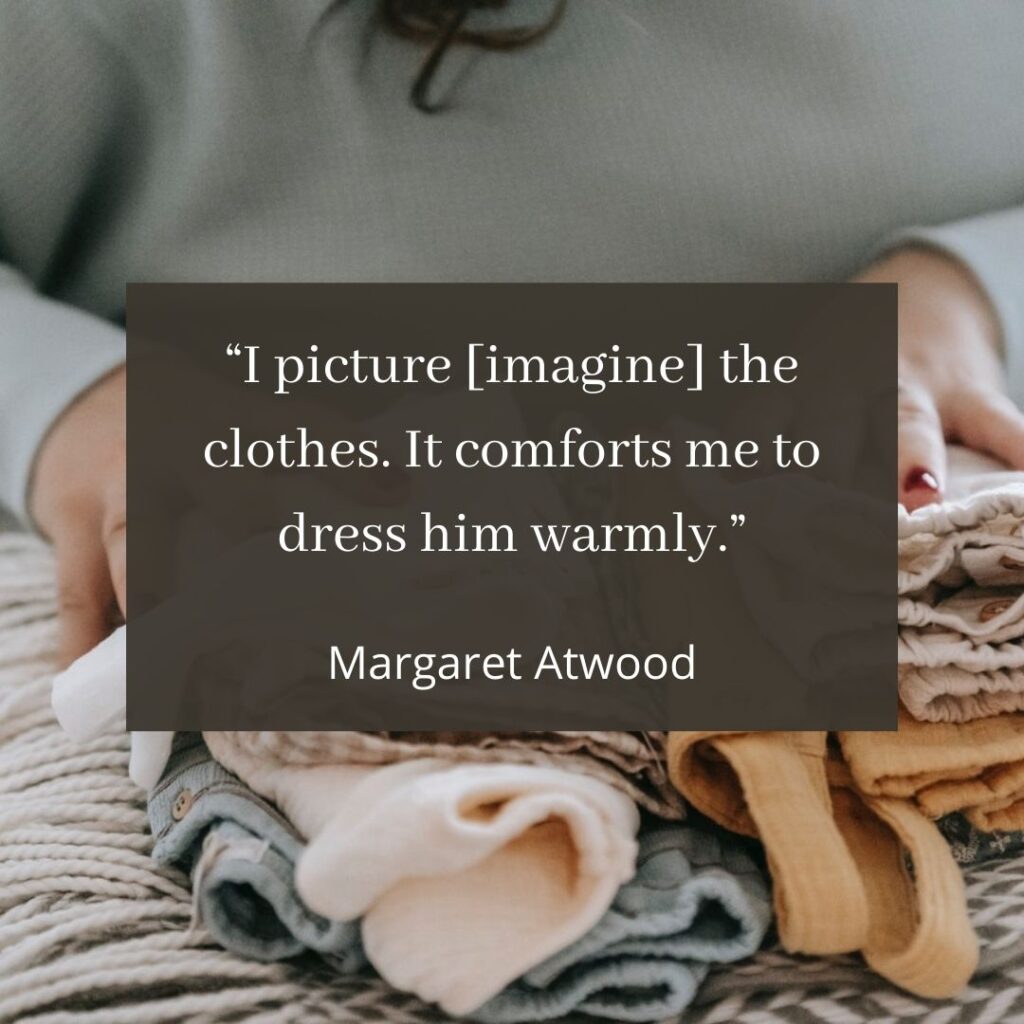
Final thoughts on Reading Fiction for Nomads
I think it’s important to not take ourselves away from reading. Not only do stories give us an outlet for expression and relaxation but they also allow us to encounter ideas we may have been too scared of otherwise. For now, this will be my only real big dive into reading fiction. However if this post really resonated with you, don’t forget to let me know, and I can cover more books in the future!
This is an extension of a short piece that I wrote earlier in the year. However that was unique to my email list subscribers. If you would like to remain in contact, give me your thoughts on this particular article, and be the first to know when I experiment with new writing; I highly recommend you sign up to my email list!
